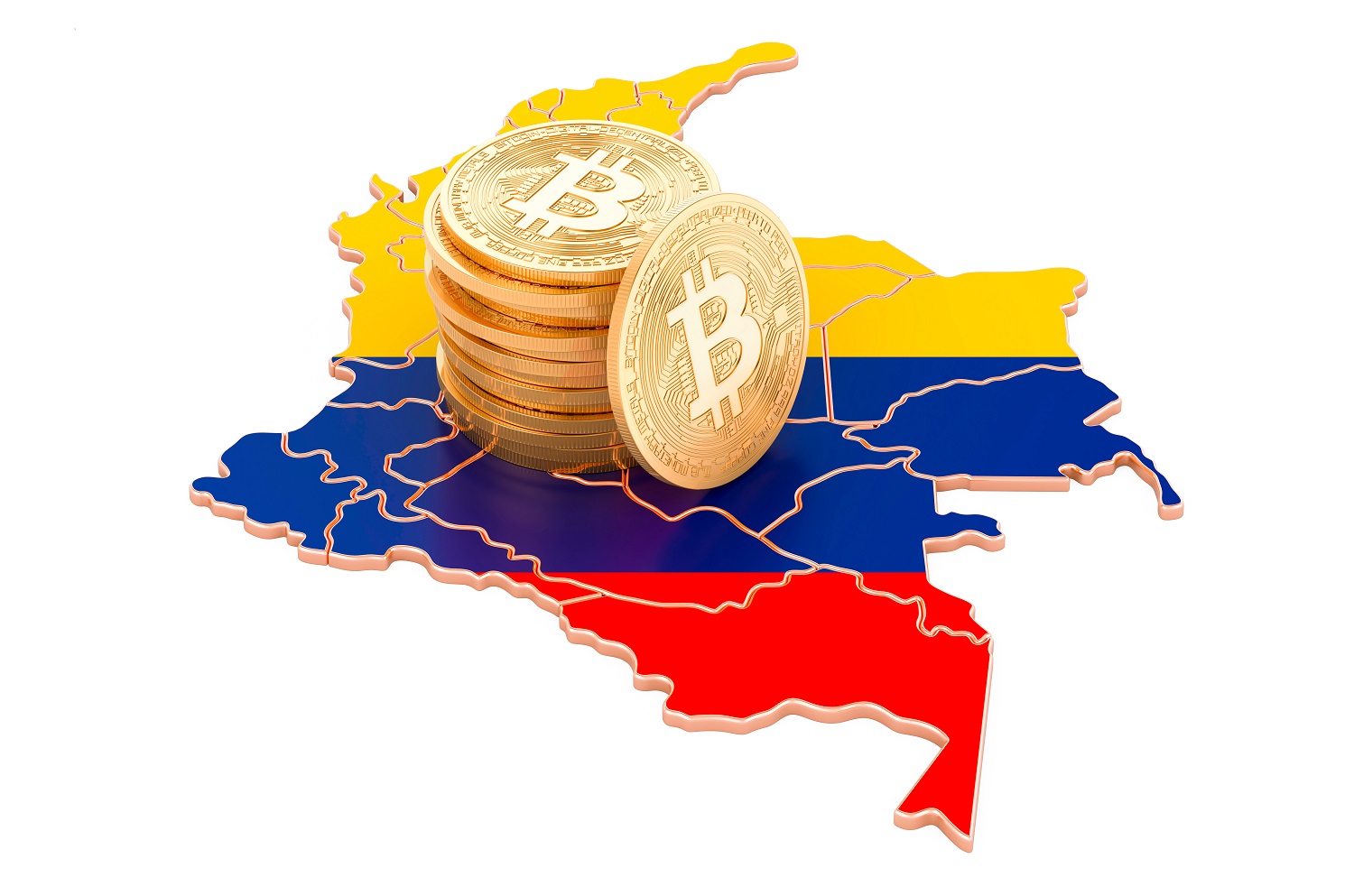[ad_1]

Colombians are increasingly taking crypto, one of Latin America’s biggest crypto exchanges has claimed.
Per Criptonoticias, the Bitso trading platform says it has increased the number of its individual retail clients “by 10 times” since this time last year.
Bitso opened its offices in Colombia in the first half of 2022.
The firm was founded in Mexico in 2014, but has since expanded to a number of Latin American states.
The company said that it had already “diversified its” range of “products and services” in Colombia, and is now providing solutions for “companies and institutions in the country.”
Bitso added that some of the “highlights” from its first year in Colombia include the addition of sports club fan tokens to its platform.
Coins like these are starting to make headway in LATAM.
The firm also said it had made a “commitment to promote cryptocurrency regulation law in Colombia,” and was “participating in regulatory discussions” with regulators.
Emilio Pardo, Bitso Colombia’s Country Manager, said:
“The growth [in] adoption of cryptoassets among Colombians is a clear example of the potential that the country has in terms of these assets going mainstream. [Crypto] can provide an effective alternative for financial inclusion.”
The firm claims to have “more than 7 million users,” most of whom are thought to be LATAM-based.

Crypto Adoption: Colombia’s Turn?
Inflation has been relatively stable in Colombia – particularly compared to other LATAM nations like Argentina.
Inflation has led to a massive spike in Argentinian interest in tokens such as Bitcoin and USDT.
But adoption is thought to be on the rise in Colombia, too.
Earlier this year, Binance rolled out a prepaid crypto card in the country.
And last year, the nation’s government unveiled tentative plans for crypto sector regulation.
The media outlet said that it was “estimated” that “up to 92.1% of Colombians” have access to a crypto-related “formal financial service.”
Last year, the Colombian Tax and Customs National Authority suggested that the nation wanted to launch a “digital currency” in a bid to combat tax evasion.
Tax officials think that a figure equal to around 8% of the country’s GDP is evaded by tax dodgers every year.
The nation has also attempted to introduce retrospective crypto trading-related taxes.
[ad_2]
Source link
